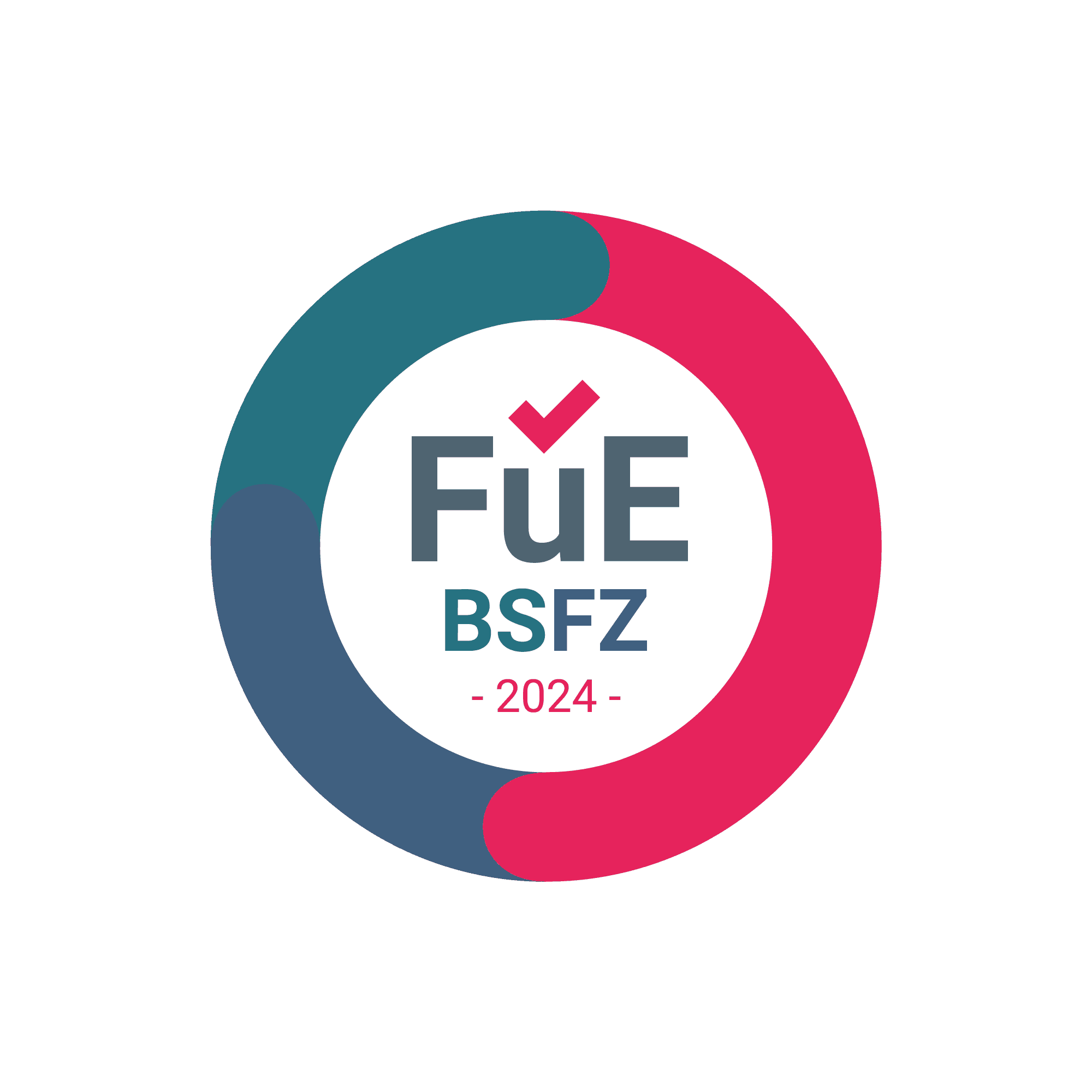3 Fit Analytics Partners Who Are Committed to Sustainability
By
Nicole Yazolino
Aug 11, 2021
3 min read
Today we’re taking a look at how Fit Analytics’ partners – Mammut, Ridestore, and Fjällräven – are working to help maintain a healthy planet and improve the apparel industry’s environmental track record.
According to the BBC, an estimated 92 million tonnes of textile waste are created globally each year – that’s one garbage truck per second – or 86,400 garbage trucks per day. Shoppers do have a responsibility to reduce the amount of clothing they discard, which averages 37kg (82lbs) a year in the US. However, apparel manufacturing and retail have an even larger impact.
Textile waste – including supply chain byproducts such as dyes, chemicals, and plastics from packaging – are horrible for the already taxed environment. Companies are aware of this. Luckily for Mother Earth, some of the world’s leading apparel brands and retailers are stepping up to commit to sustainability and help the planet long before shoppers’ closets overflow with unworn apparel.
MAMMUT
MAMMUT is an industry leading brand with a huge focus on sustainability. The Swiss company has a number of pillars under its Product Sustainability statement that show its commitment to preserving the world it encourages outdoor enthusiasts to explore.

Clean Production
MAMMUT safeguards clean production processes with minimal emissions in order to protect the environment. The brand prevents harmful substances from being released into the environment, by ensuring they never enter the supply chains in the first place. The company holds itself to a number of standards, including working towards PCF-free production, restricting a number of harmful substances classified under its Restricted Substance List, and using the Bluesign monitoring system to ensure particularly damaging substances are excluded from the production process at the very start.
Animal Welfare
MAMMUT strives to exclusively source materials of animal origin from responsible animal husbandry. MAMMUT relies on strict, independent, and certified animal welfare standards that offer full traceability all the way back to the farm. When possible, MAMMUT uses recycled animal hair as well as sustainable and innovative non-animal-based alternatives that have similar qualities. The brand is a certified no-fur retailer and member of the Fur Free Retail Alliance.
Reduced Footprint
MAMMUT is working to minimize the environmental footprint of its production processes and products for the protection of natural resources. The brand makes maximal use of environmentally preferable materials and resource-saving manufacturing processes that meet its high quality and performance requirements. MAMMUT’s climate strategy “DO OUR BEST – REMOVE THE REST” is a comprehensive plan backed by science that outlines the brand’s decarbonization journey towards net zero.
Ethical Production
To protect its workers, MAMMUT ensures fair and safe working conditions in all factories where its products are made. MAMMUT was the first outdoor brand to join the Fair Wear Foundation (FWF) – a move to systematically improve workplace conditions through its entire supply chain. As a member of the FWF, MAMMUT joins other trade unions, NGOs, and brands to collaborate on improving working conditions in the textile and clothing industries.
Sustainability Reports
In addition to all the above initiatives, MAMMUT’s dedication to transparency and accountability means the brand offers up various reports to download including a Target Report, Special Report, and Brand Performance Check Report.
Ridestore
Swedish outdoor retailer Ridestore is passionate about sustainability. While that’s an easy thing for an apparel business to say, the company has taken measures to show it’s not just talk, but actionable long-term commitment to ensure a better future.

Dedicated Sustainability Team
In order to address its environmental aspirations, Ridestore has a dedicated sustainability team whose sole responsibility is to work towards a more sustainable future for the company, its products, as well as the industry at large. The team is responsible for ensuring that everything from the fabrics used to partner manufacturers are working in a sustainable way.
Ridestore’s sustainability team is aware that moving from traditional to environmentally friendly manufacturing isn’t an overnight accomplishment. However, the team has outlined some areas of focus to ensure the company is moving towards sustainability in a timely manner.
Production
The first point is heavy investment in improving garment quality and sustainability across all collections. This goes hand in hand with Ridestore’s commitment to developing new production methods and focusing energy on their recycled and renewed product initiatives to reduce waste.
Learning and Feedback
The team is aware that the path to sustainability is a journey which requires constant learning to move forward and improve. Ridestore leverages its own experiences as learnings on how to make long-term, impactful changes. To that end, the company utilizes its engaged, loyal following to guide its practices by taking action on what customers think is important.
Fjällräven
Fjällräven has been a champion of the outdoors since its inception – that’s why the company sees its responsibility as “leaving basecamp in better condition than we found it.” The brand has come up with a number of goals to work towards better sustainability and practices, including the ethical treatment of animals.

The Fjällräven Way
As an overarching approach, The Fjällräven Way ensures that nature, people, and animals are considered in the production of its gear. The approach is built on the idea of looking for long-term solutions to sustainability, constantly improving production and retail methods. The key tenets of the approach cover the four points of the Fjällräven compass – Nature and Environment; Economy and Business Processes; Social Responsibility; and Wellbeing. This compass guides the company to make sustainable decisions every day.
Sustainable Design
For Fjällräven, the path to sustainability starts with the design. The more robust, reliable, and functional a garment is, the longer it will last and the longer the owner will use it. The brand’s design philosophy has seven guiding principles – including low material impact, recyclability, and function and ease of use – that provide a roadmap to navigate through the production process and overcome challenges.
Sustainable Materials
Fjällräven takes its inspiration – and sources its materials – from nature. The brand is aware that the natural landscape is where the impact of consumption is most keenly felt. When deciding on a new material, many things are taken into consideration, including material efficiency, functional qualities, chemical composition, and the amount of material needed to produce garments.
The Fjällräven Chemical Guideline helps the brand navigate around hazardous and banned chemicals. The guideline is constantly updated and revised based on new information. This is done with support from the Swedish Chemicals Group and is overseen by the Swedish Research Institute for Industrial and Sustainable Growth. Fjällräven also thoroughly lab-tests its products for proof of compliance.
Fjällräven does not use fluorocarbons, which are compounds that don’t break down in nature – and is also on its way to becoming PCF-free.
Sustainable Production
With sustainability aspirations comes commitment – especially when it comes to production. Fjällräven has a goal of being carbon neutral by 2025. As part of its mission, the brand is a member of a number of ethics and sustainability organizations such as the Sustainable Apparel Coalition, the Fair Labor Association, as well as being members of the UN Global Compact where members commit to aligning operations and strategies with 10 universally accepted principles regarding human rights, labor, anti-corruption, and the environment.
Here at Fit Analytics, we think it’s really exciting to see how apparel companies are taking a stand on sustainability. Part of our own mission in reducing returns is to put a stop to logistics waste related to apparel e-commerce.
Images: Jake Ingle, Mammut, Ridestore, Mitchell Griest
To learn more about how we can help you and support your specific needs Contact us.
































































